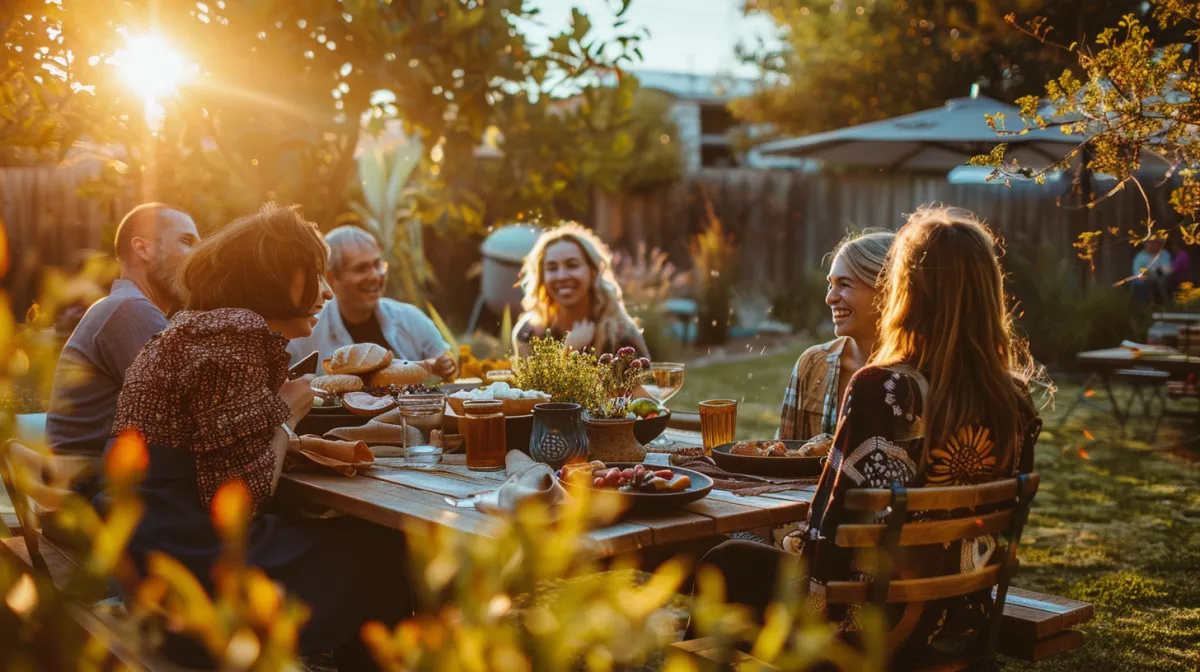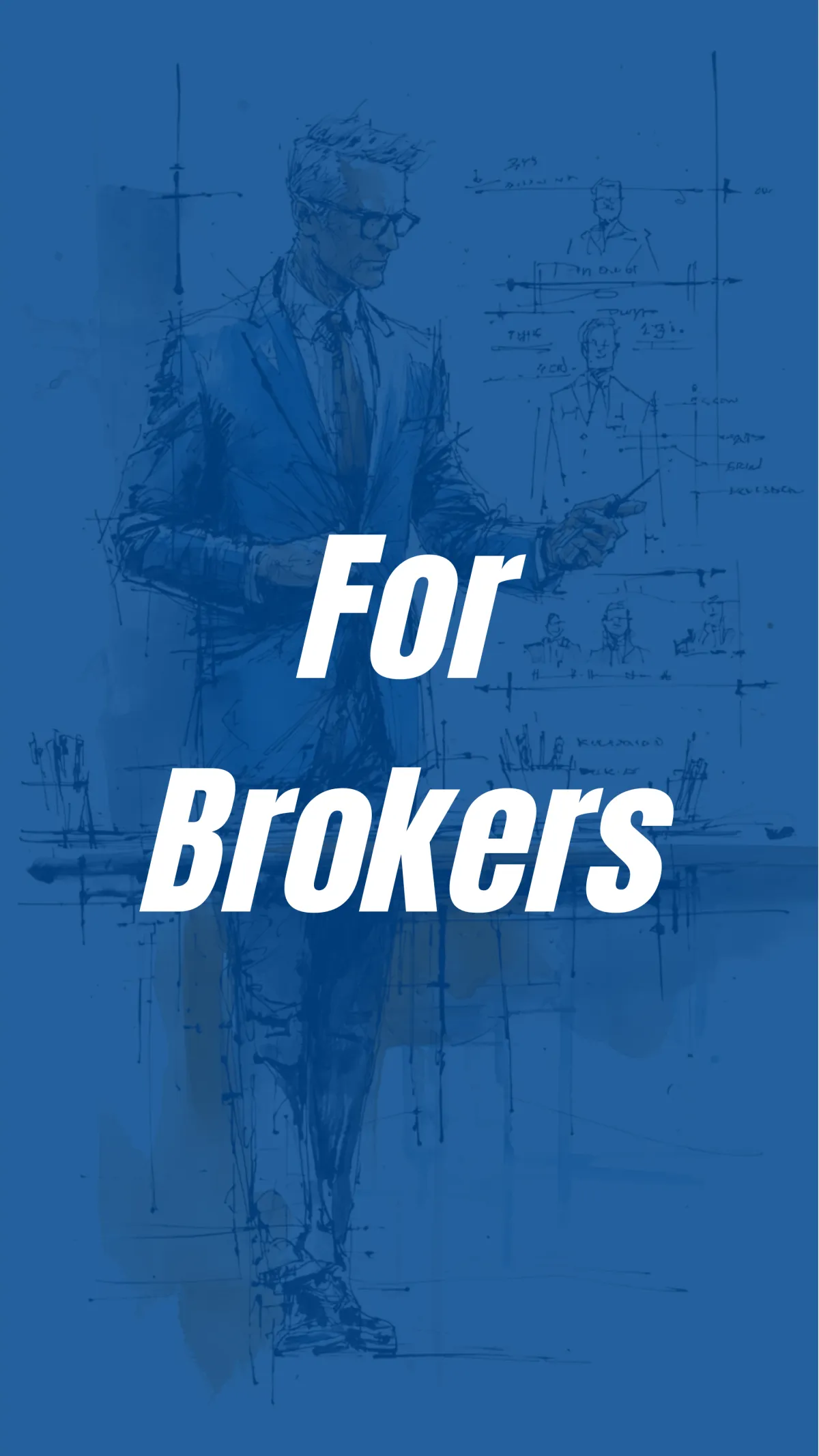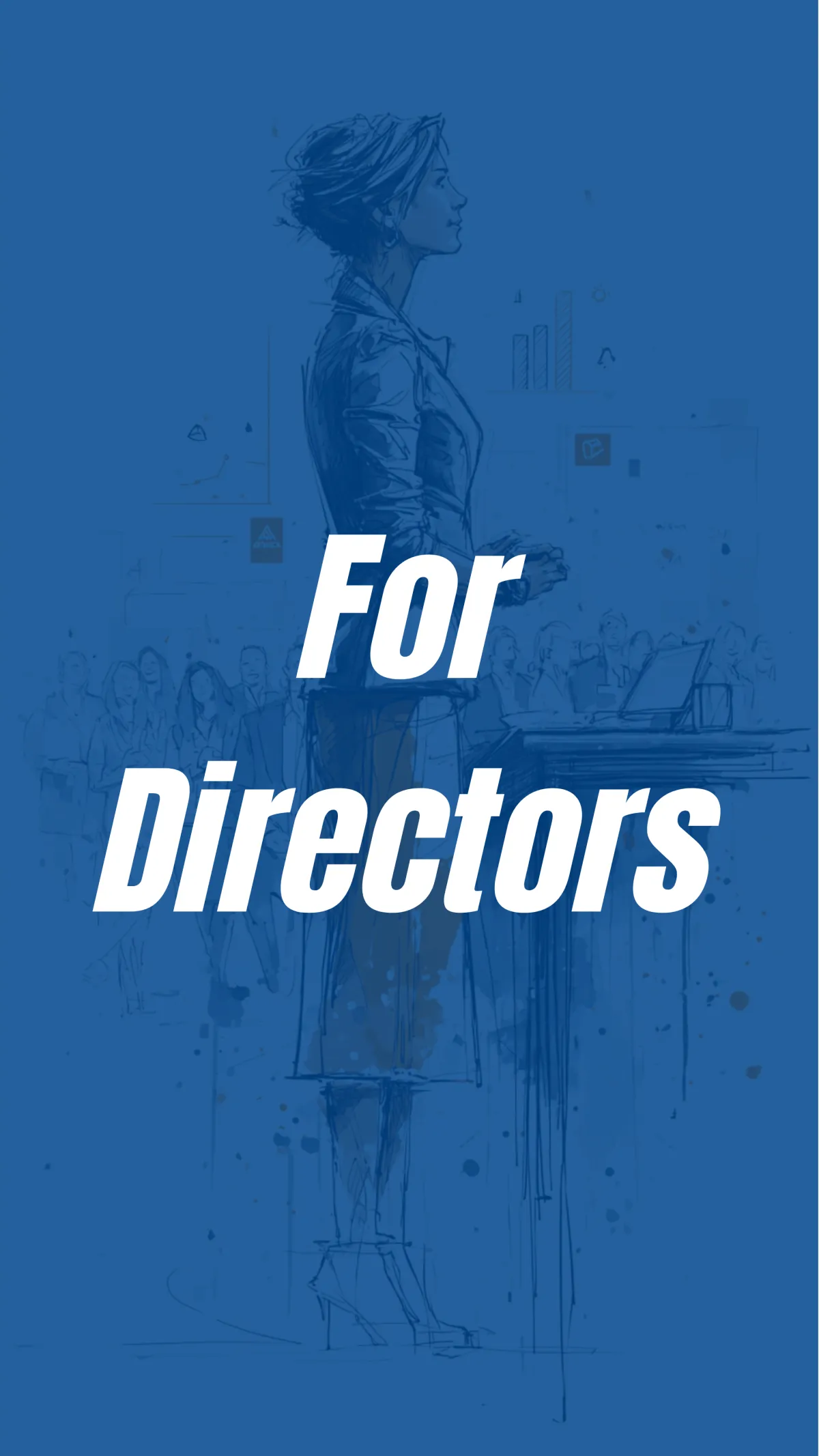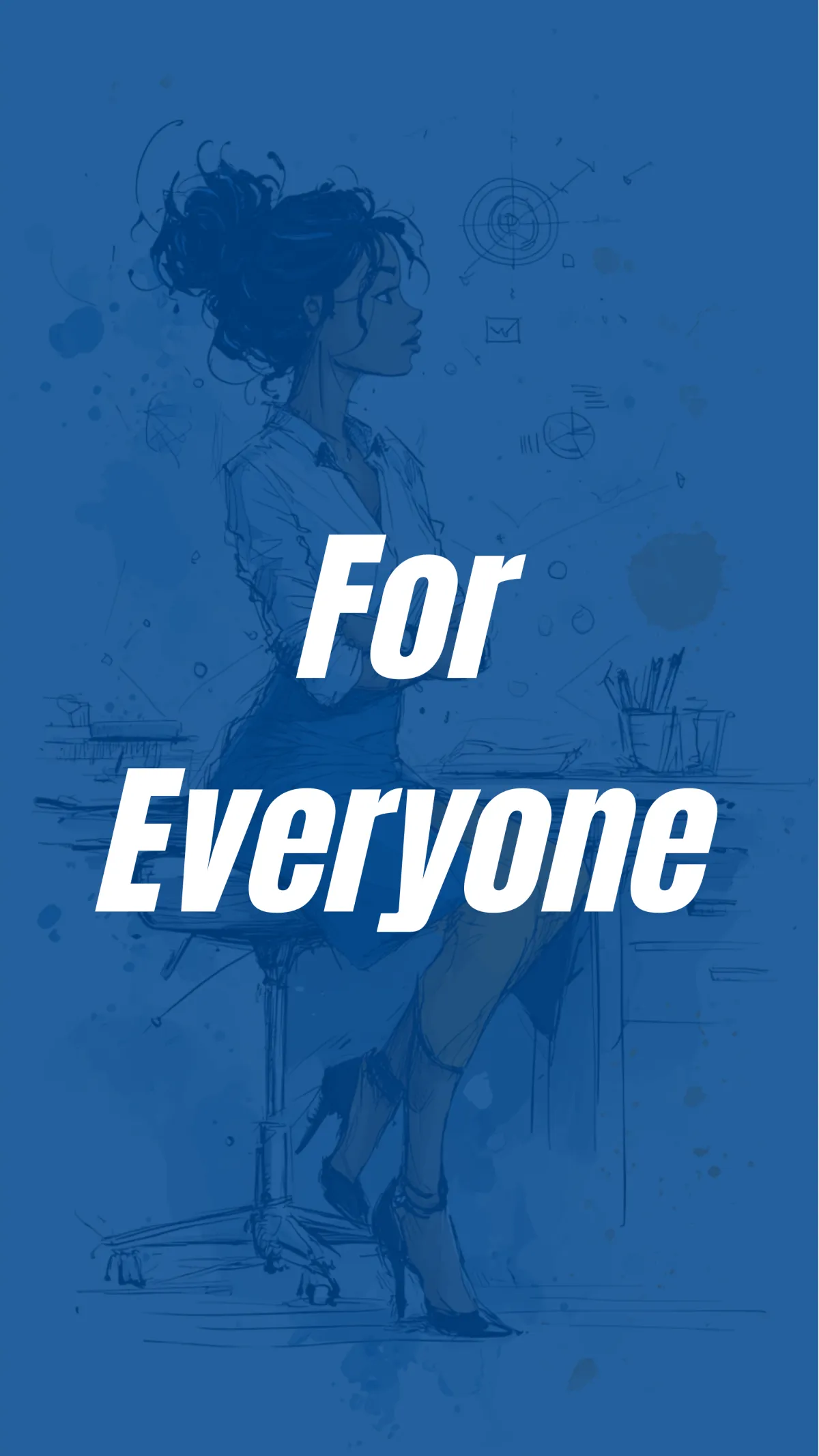
How Can Agents Leverage Community Groups Effectively?
You're constantly chasing the next lead and trying every new marketing trick. But what if the best source of new clients was right in your backyard, or even on your phone? Community groups, both online and in-person, are goldmines for building a real estate business, but so many agents get it wrong. The big question is, how can agents leverage community groups effectively?
Most agents jump in with flashy listings and a sales pitch, only to get ignored or even kicked out. That's because they miss the entire point. It's not about selling; it's about serving. Answering "how can agents leverage community groups effectively?" begins by changing your mindset from salesperson to valued community resource.
Unlock your potential with AI-powered solutions tailored to your real estate needs. Save time, grow faster, and work smarter. Schedule your discovery session now atlesix.agency/discovery.
The Big Shift: From Sales Pitch to Community Partner
How can agents leverage community groups effectively? Think about the last time a stranger tried to sell you something at a party. You probably felt a little uncomfortable and looked for an escape, right? That's exactly how people feel when an agent they don't know floods their local Facebook group with "Just Listed." posts.
The key is to become a part of the community fabric, not an advertisement plastered on top of it. Your goal is to be the person people think of when real estate comes up naturally. This means you have to build genuine, mutually beneficial relationships first.
This approach focuses on long-term partnerships rather than short-term gains. When you act as a true community partner, you build trust that advertising can't buy. It shows you have a vested interest in the area's well-being, reflecting a strong sense of social responsibility.
This time investment leads to clients who are loyal and who will happily refer you to their friends and family. This is how you build a sustainable business, not just chase the next commission check. Effective community engagement is about planting seeds that grow into strong relationships and a thriving career.
Finding Your Playground: Which Groups Are Right for You?
Not all groups are created equal. You need to find where your ideal clients and potential partners are spending their time and where you can genuinely contribute. Spreading yourself too thin is a recipe for burnout, so it's wise to pick a few focus areas and go deep.

Online Community Hubs
Digital communities on platforms like Facebook andNextdoorare great starting points. You can reach a lot of people from the comfort of your office. But they can also be crowded and full of noise, so choosing the right ones is important.
Look for hyper-local groups. Think "Main Street Moms," "[Your Town] Gardeners," or "Newcomers to [Your County]." These niche groups often have stronger bonds and fewer self-promotional posts, making it easier to connect with community members. Read the group's rules carefully before you even think about posting to avoid any issues.
Using social media this way helps you identify trends in the local conversation. You can learn what matters most to residents, from school news to upcoming economic development projects. This information is invaluable for positioning yourself as a knowledgeable local resource.
In-Person Connections
Don’t forget the power of face-to-face interaction. Old-school networking still works wonders because it builds deeper community trust through genuinecommunity involvement. It’s much harder to ignore someone you’ve shared a coffee with.
Consider joining your local Chamber of Commerce to connect with other local businesses. Attending a town hall or city council meeting can provide insights into community development. Partnering with community-based organizations or volunteering for nonprofit organizations and food banks shows you care.
Even signing up for a community softball league or joining a hobby club can lead to amazing connections. The goal is to meet people where they live, work, and play. Activecommunity involvementis what separates a transactional agent from a true community leader.
To help you decide where to focus your engagement efforts, consider the different types of groups available.

How Can Agents Leverage Community Groups Effectively? A Step-by-Step Guide
Alright, so you've found a few promising groups. Now what? You can't just show up and expect leads to fall into your lap. Here's a practical engagement plan to follow for effective community engagement.

Step 1: Listen and Learn First
Your first move is to do nothing at all. Just join the group and observe for a week or two. Get a feel for the culture and the kinds of conversations people are having.
The engagement process begins with observation. Who are the key stakeholders and community leaders in the group? What kind of content gets the most engagement? This quiet observation period will stop you from making rookie mistakes that could get you flagged by an admin.
This step in your community engagement strategy also helps you understand the specific community needs. Pay attention to recurring questions or complaints. These are opportunities for you to provide resources and demonstrate your value later on.
Step 2: Give Genuine Value, No Strings Attached
This is where the magic happens. Your mission is to be as helpful as possible without expecting anything in return. Think of yourself as the community concierge.
See a post from someone asking for a good local plumber or landscaper? Jump in and share a recommendation from your own list of trusted vendors. Someone new to town asking about the best parks for kids? Give them a detailed list of your family's favorites, and maybe share additional info about park programs.
You can also share helpful, non-salesy information to empower community members. For instance, post a link to an article about local property tax deadlines or share a simple chart showing monthly home sales trends. You're giving valuable local information, which, according to studies on local business authority, helps establish you as a neighborhood expert.
Step 3: Build Your Reputation as the Local Expert
Consistency is your best friend here. If you consistently show up with helpful advice and positive contributions, people will start to notice. You'll become that "real estate person" who actually knows their stuff and cares about the community.
When someone finally asks a direct real estate question, answer it publicly if possible. Give a thorough, helpful response. This not only helps the original poster but also shows everyone else in the group your expertise.
You can also create your own valuable content, like a blog post or short video on a topic like "What to look for during a final walkthrough." Share it in the group with a simple intro: "A lot of people ask me about this, so I put together a quick guide. Hope it helps someone." This reinforces your expert status without a hard sell and is a cornerstone of impactful community work.
Step 4: Master the Soft Ask (and When to Use It)
After you've put in the time and built some social capital, the business will start to come to you. People you've helped will send you private messages asking for advice or for your help with their home search. This organic approach is far more effective than any cold outreach.
Make sure your personal profile or email signature clearly states that you're a real estate agent. This lets people connect the dots on their own. When someone reaches out, move the conversation to a phone call or coffee meeting to discuss their specific needs.
As for posting your own listings, tread very carefully. Only do it if the group rules explicitly allow it, and even then, frame it as a community update. For example, "Excited for the new family who will get to call this place home. If you have any neighbors looking to move into our wonderful community, I'm hosting an open house this Saturday. Come by for a cookie and say hello."
The Don'ts: Common Mistakes That Get Agents Kicked Out
Just as important as knowing what to do is knowing what to avoid. One wrong move can undo months of hard work building community relationships. Here are the cardinal sins of community group marketing.
Do not spam the group with your listings. This is the fastest way to get banned and damage your reputation.
Do not join and immediately post something about yourself or your business.
Do not send unsolicited private messages to group members. It's creepy and a breach of trust.
Do not ignore the rules. Read them. Then read them again.
Do not engage in negative or controversial discussions. Stay professional and positive.
Do not just drop links. Always add context explaining why your link is helpful to the community.
Do not use the group for market research without permission. Polling members about their housing plans can feel intrusive.
A Tale of Two Agents: A Quick Case Study
Let's imagine two agents trying to use the "Neighbors of Springfield" Facebook group. Agent Alex joins and immediately posts five of his listings. Within an hour, his posts are deleted, and he is muted by the admin for violating the "no self-promotion" rule. Total leads generated: zero.
Agent Ben also joins. He spends two weeks liking and commenting on other people's posts. In week three, he answers a question about school district boundaries with a helpful link. The next month, he organizes a virtual Q&A about the local market. A few weeks later, three different people send him a message asking if he can help them find a new home.
Agent Ben played the long game and followed a smart engagement strategy. He understood that relationships precede transactions. This aligns with data from the National Association of Realtors, which consistently shows that a huge percentage of an agent's business comes from repeat clients and referrals—both of which are built on trust.
Taking It Offline: Turning Digital Connections into Real-World Relationships
Online groups are a great starting point, but the strongest connections are often made in person. Look for ways to take your helpful online persona into the real world. This solidifies your commitment to the community and builds stronger, more beneficial relationships.
Could you sponsor a local youth sports team or a charity 5K? What about hosting a free paper-shredding event in your office parking lot? These actions show you're invested in the well-being of the neighborhood and are tangible assets to your community communication efforts.
Volunteering is another powerful strategy. Join a neighborhood cleanup day or help out at a local organization focused on public health or animal welfare. You'll meet like-minded community organizers in a relaxed, no-pressure environment. As the American Marketing Association points out, this kind of relationship marketing builds lasting brand loyalty.
Creating formal community partnerships can amplify your impact. Team up with a local mortgage broker and a home inspector to host a free seminar for first-time homebuyers. This not only provides immense value but also positions you and your partners as a trusted team of experts.
Evaluating Your Community Engagement Efforts
To truly understand what works, you need a way to measure your success. Effective community engagement isn't just about feeling good; it's about making outcomes that grow your business. This process involves looking beyond simple lead generation.
Track metrics like how many direct messages you receive from group members asking for advice. Note how many times you are tagged by others to answer a real estate question. Keep a tally of offline conversations that started from an online connection.
Also, pay attention to qualitative feedback. Are people thanking you for your contributions? Are other local business owners reaching out for potential partnerships? These are signs that your community engagement plan is working and you are building significant goodwill.
Set simple quarterly goals. For example, you might aim to make three meaningful connections per week or host one community event per quarter. Regular check-ins on your progress will help you refine your engagement strategies and ensure your time investment yields positive results.
Conclusion
Ultimately, the secret isn't much of a secret at all. It's about being a good neighbor first and a good agent second. When you shift your focus from making a sale to making a difference, the business naturally follows. Figuring out how can agents leverage community groups effectively is less about tactics and more about authentic human connection. Be patient, be genuine, and be helpful, and you'll improve community perception, build a strong reputation, and create a business that lasts.
Ready to take your real estate success to the next level? Schedule your discovery session today atlesix.agency/discovery. Stay ahead with tips and insights—subscribe to our newsletter atlesix.agency/newsletter.










